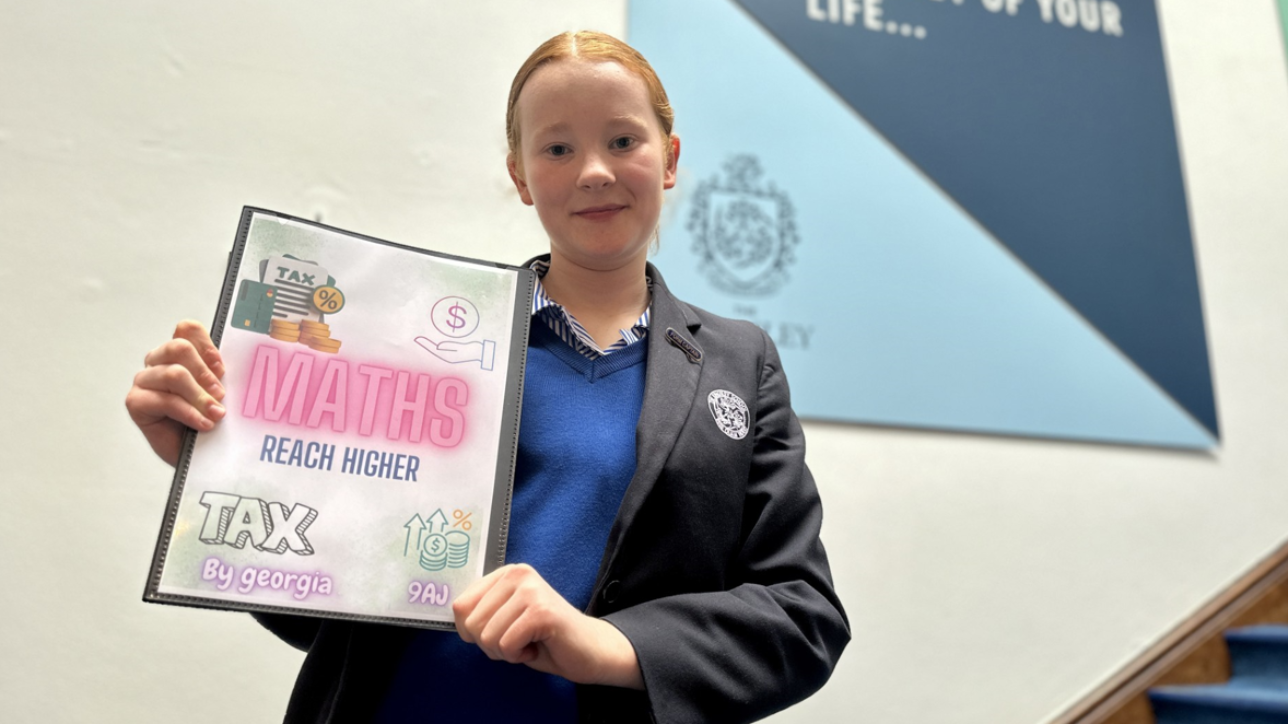Should insights from students’ latest Reach Higher STEM homework influence government policy?
With party manifestos making the news in the run up to the general election, it seemed apt that pupils were creating their own policies in a small way as part of their Reach Higher STEM homework. After doing some research into why we have taxes and where the money comes from, a group of students in Years 7 to 9 were asked to order six areas where tax should be spent: armed forces; education; health; police; museums; and protecting the countryside. Once decided, they needed to justify their decisions. 78% of students felt that health should be the top priority, with 56% citing education in second place. Funding for the armed forces and policing, though not generally as high on students’ priority lists, was still considered important. The majority of students felt that spending taxes on protecting the countryside and museums was less important, although several students passionately ranked these areas higher.
Year 9 student Georgia wrote “Health is important because we have to have a healthy population for happiness and personal wellbeing. Also, if people are healthy then they can work, which means they can contribute to the economy and pay more taxes.” Year 7 student Thea, who believes that education should be the number one priority, wrote “everyone should be able to go to school and learn”. Jessica, also Year 7, said “the exercise was not easy because all the areas deserved funding and are all, in some way, connected.”
Kingsley’s Reach Higher homework weeks, introduced in 2021, encourage Key Stage 3 students to advance their knowledge and skills outside of their normal work. Instead of their usual homework timetables, students are asked to choose just three subjects to focus on during the week. Subject leaders set challenges on a wide range of topics, giving individuals the opportunity to research new and exciting areas, and develop their analytical and project working skills. In the autumn term the homework weeks focus on the arts and humanities, and in the summer term they focus on STEM subjects.

